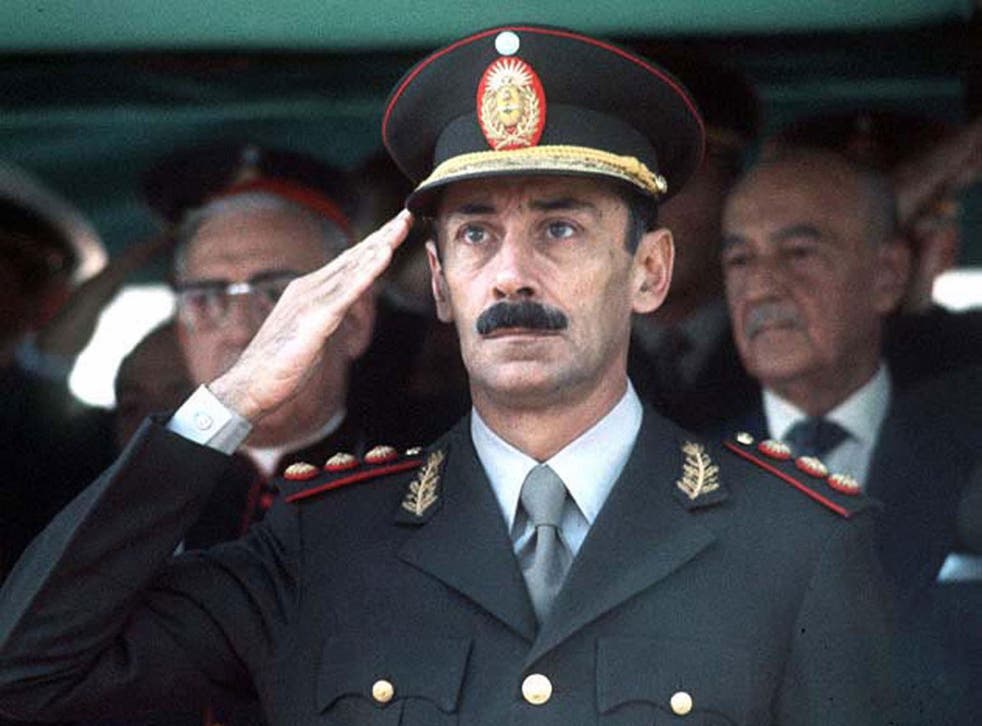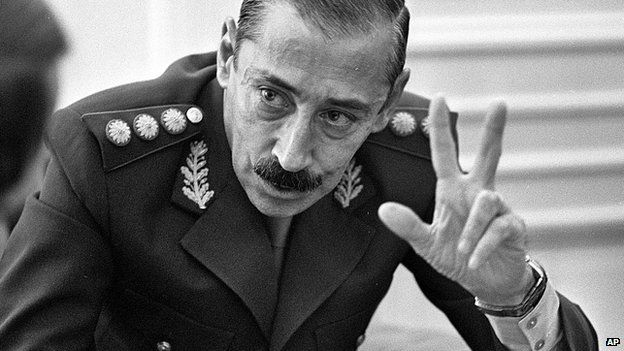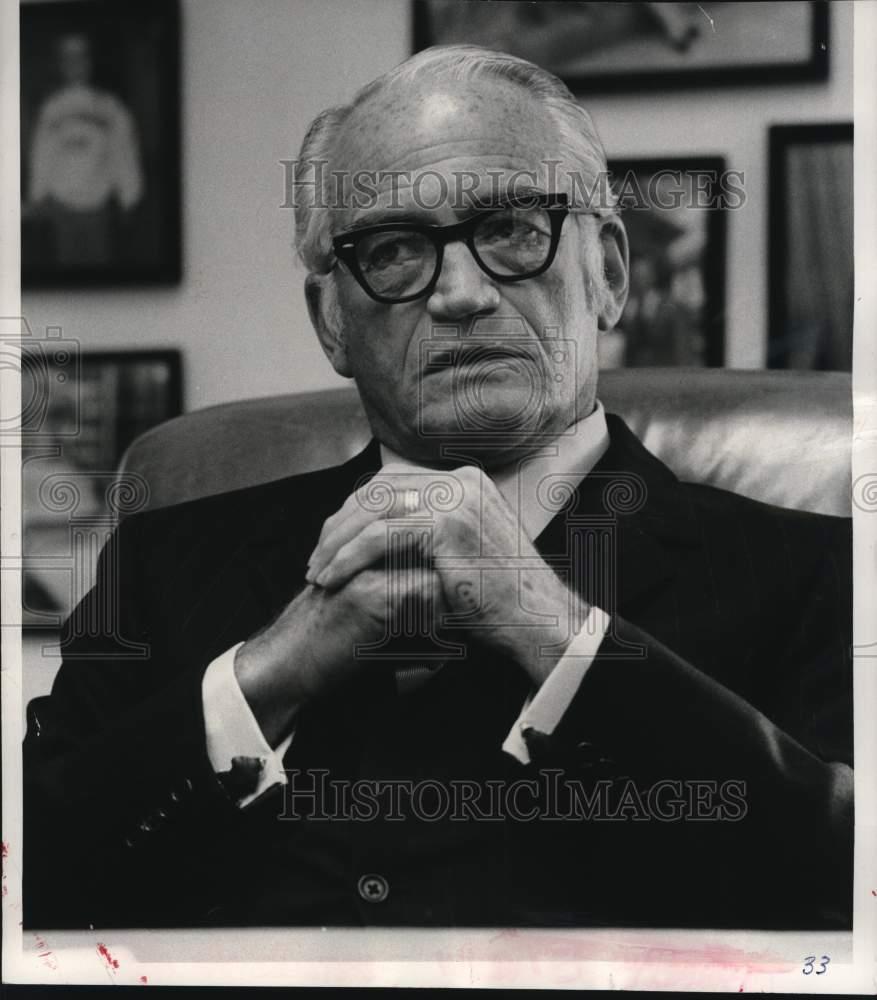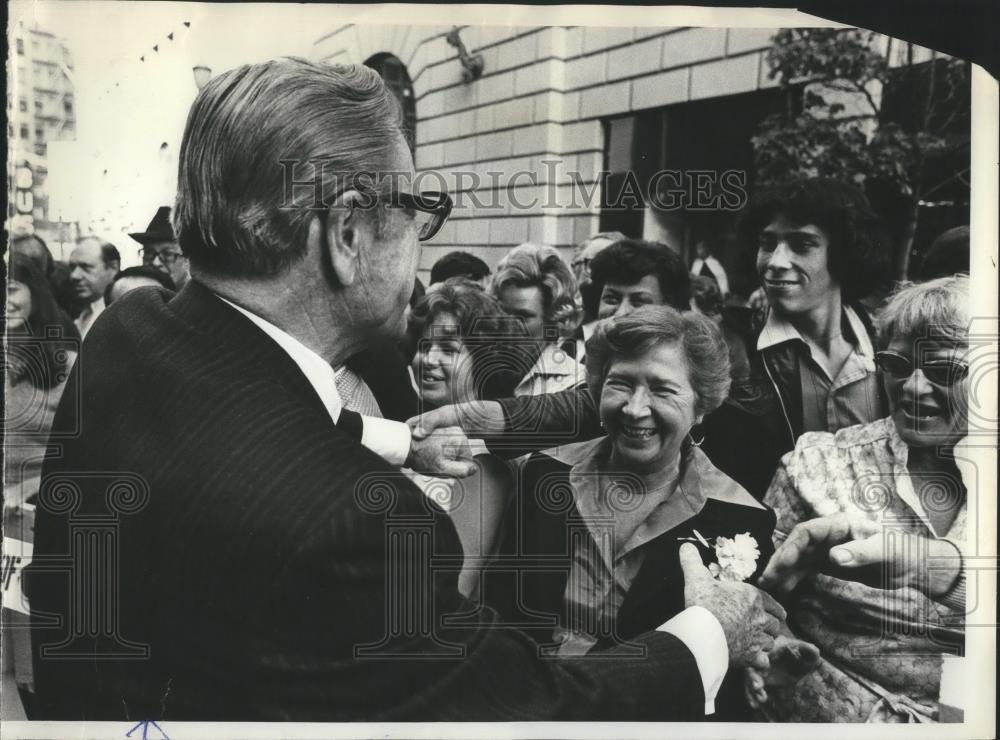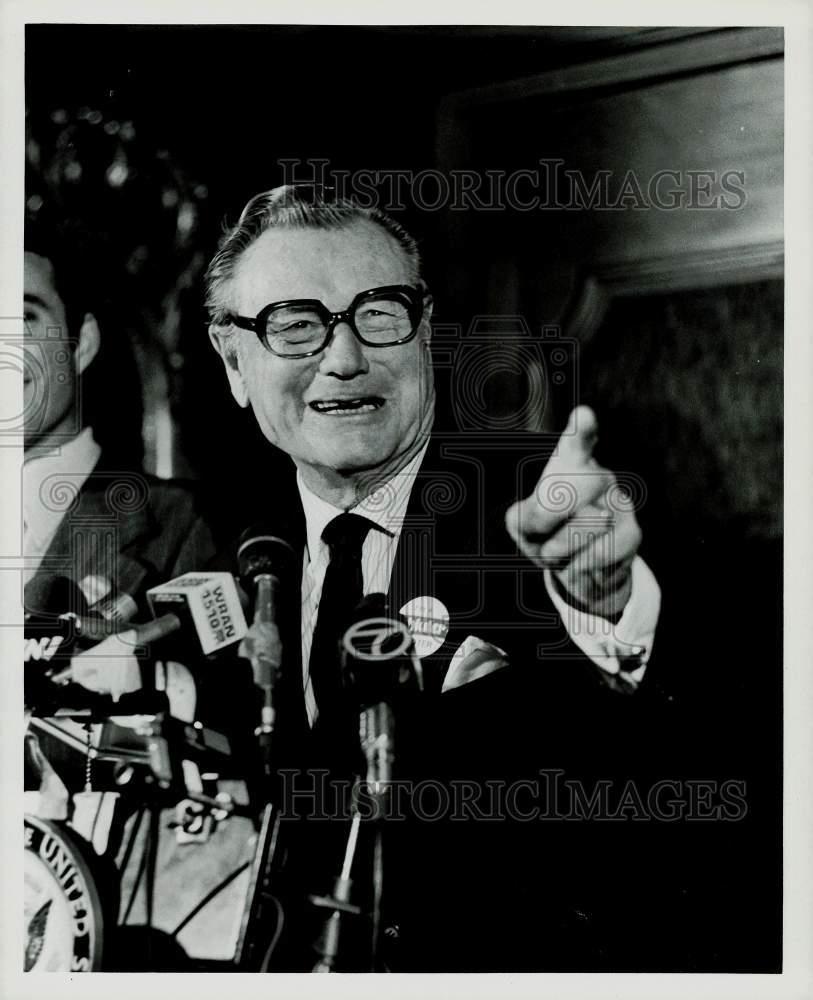Sergeant Foley
Well-known member
Reagan
3:56 PM PST, Wednesday, March 17, 1976
Pacific Palisades, California
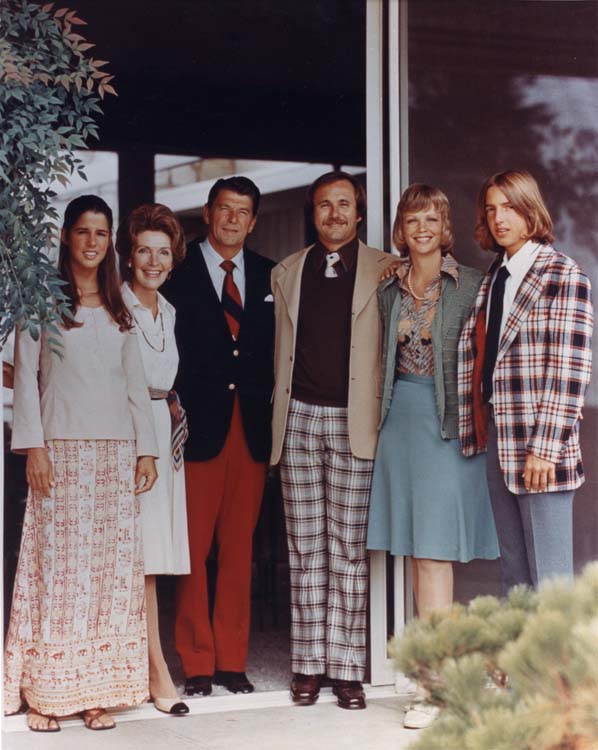
Former California Governor Ronald Reagan and his wife, former California First Lady Nancy Reagan with their family: Maureen Reagan, Michael Reagan, Patti Davis, Ron Reagan and the family dog, Pogo.
3:56 PM PST, Wednesday, March 17, 1976
Pacific Palisades, California

Former California Governor Ronald Reagan and his wife, former California First Lady Nancy Reagan with their family: Maureen Reagan, Michael Reagan, Patti Davis, Ron Reagan and the family dog, Pogo.
It was less than 24 hours after losing his sixth consecutive primary to President Rockefeller, who easily trounced former California Governor Ronald Reagan (R) in the Illinois primary in a landslide. Reagan's campaign was nearly almost out of money, having spent nearly all of it in the early primary states with nothing to show for it; "We've got to put it all on the line in North Carolina next week or else it's over" quipped close Reagan campaign associates, who didn't want the campaign for the Republican presidential nomination to end quickly in a whimper.
Trailing in the polls in match-ups for the nomination by double digits, Reagan realized that his campaign was on much-needed life support and a loss in North Carolina would finish him off for good as well as ending his political career in the process. Many asked why would he dare challenge the incumbent President of his own political party: "Why are you doing this right now after what happened to Jerry?" (in reference to the Ford assassination on September 5, 1975 in Sacramento), "You need to drop out before you embarrass yourself and kill any political future going forward" quipped fellow Republicans.
Relaxing on the couch with his family and talking about old times, the former Governor and First Lady of California each wondered if there was someone, who could lend an assist to the campaign with less than a few days to go. "Senator Helms is going to be helpful and we need him in the worst way possible" quipped Ronnie. "Everything that we've both worked hard for, achieved and put it all on the line comes down to North Carolina. If we can win there, we can blunt the President's momentum and seize the narrative." Nancy agreed with her husband, "I can call James Stewart and some of our friends from Hollywood to get on the campaign trail for us in the closing stretch."
BREAKING NEWS: REAGAN PULLS OFF UPSET VICTORY IN NORTH CAROLINA PRIMARY, TEMPORARILY STOPS PRESIDENT ROCKEFELLER'S MOMENTUM

The Reagan's celebrating with supporters.
*Tuesday, March 23, 1976: With the assistance of the powerful political organization of staunch conservative United States Senator Jesse Helms (R-NC), former California Governor Ronald Reagan (R) has defeated incumbent President Nelson Rockefeller in the critical North Carolina primary, winning 30 of the Tar Heel State's 56 delegates while Rockefeller managed to win 26 delegates. "Thank you very much North Carolina!" Reagan boasted to a cheerful crowd of supporters, "I also like to thank a great United States Senator, who has stood strong for conservative values and representing North Carolina values, Senator Jesse Helms" to the loud chorus of cheers from the crowd. This was a huge and critical victory for the former California Governor as he finally got on the board with a win.
The Reagan's celebrating with supporters.
Meanwhile back in Charlotte, President Rockefeller addressed his supporters, "We might've lost tonight's primary, but I am still confident that we're going to win the Republican nomination and we're going to win this election". Rockefeller had been endorsed by North Carolina Governor Jim Holshouser (R), who campaigned throughout the state on the President's behalf.
(North Carolina Republican Primaries: 56 Delegates)
Ronald Reagan (30 Delegates) 101,468 [52.38%]
Nelson Rockefeller (26 Delegates) 88,897 [45.89%]
***1976 Republican Presidential Primaries
Nelson Rockefeller: 200 Delegates
Ronald Reagan: 151 Delegates




